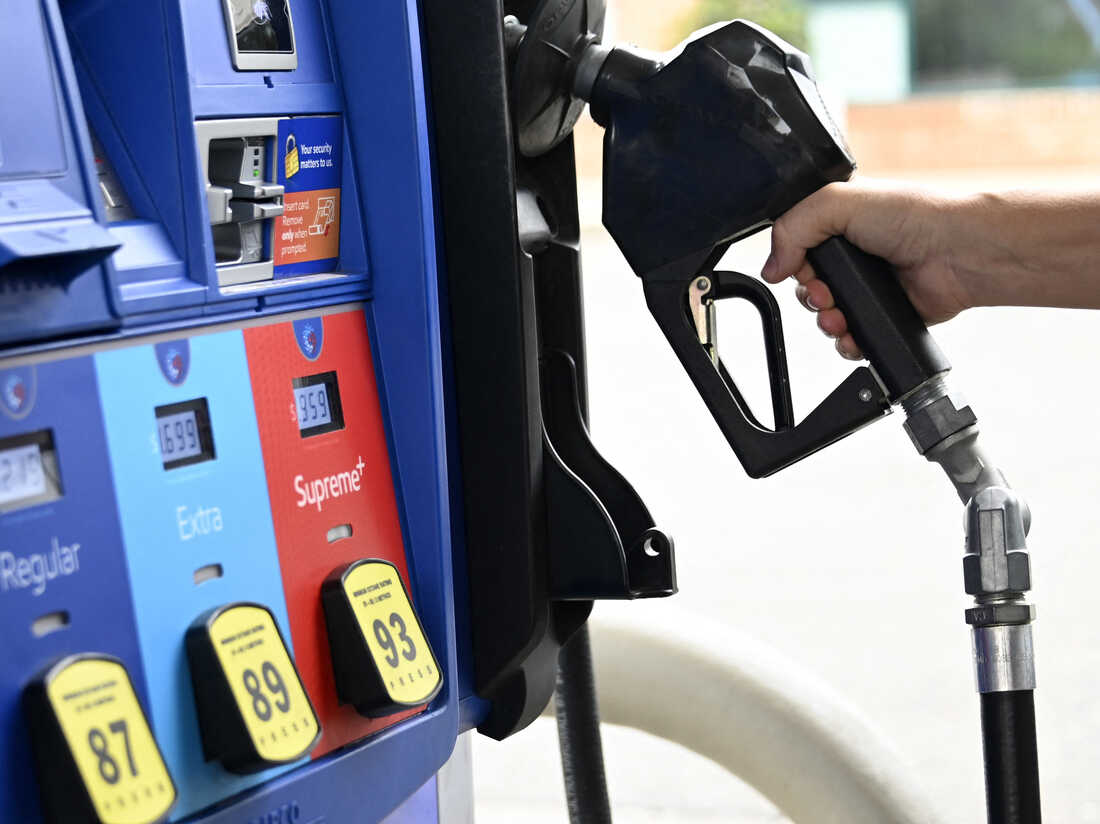Elevated gasoline prices result in a reduction in consumer spending, as individuals allocate a larger share of their income to cover fuel expenses. The increased prices also lead to a decrease in travel to malls, theaters, and similar activities.
Compounding the challenge, retailers face heightened difficulties as they are compelled to transfer the escalated costs associated with rising shipping expenses to consumers. Everything requiring shipment or transportation, ranging from fruits to electronic goods, will witness an uptick in prices due to the surge in gasoline costs. This effect is particularly pronounced for products and their components that are manufactured overseas.
Public transport
Nevertheless, certain entities might experience advantages amid soaring prices. The escalation in gasoline prices has the potential to trigger a significant rise in public transportation ridership. In the event that gasoline prices persist in their upward trajectory, public transport may emerge as a more appealing option, presenting a cost-effective alternative to the high expenses associated with filling up fuel tanks.
Auto industry
Traditionally, the automotive sector has reacted to surges in gasoline prices by seizing the moment to manufacture smaller, more fuel-efficient vehicles. In contemporary times, there has been a notable shift towards the production of fully electric cars capable of covering distances up to 280 km on a single charge, presenting an eco-friendly alternative to traditional fuel-dependent vehicles.
Airlines
Airlines generally grapple with significant operating expenses, with the most substantial components being fuel costs and expenditures linked to oil procurement. Fuel costs constitute a considerable portion of an airline’s overall overhead expenses, making fluctuations in oil prices a substantial factor influencing airline profitability.
In efforts to shield themselves from the unpredictability of oil prices, and at times to capitalize on surges in gasoline prices, airlines commonly employ a strategy known as fuel hedging. This involves engaging in transactions to buy or sell anticipated future oil prices using various investment instruments, providing a safeguard against rising fuel costs.
Job openings
Some economists warn that rising gasoline prices could hurt the economic recovery in terms of hiring practices. Rising gas prices may cause some businesses to reconsider their openings because they are uncertain about the state of the economy. Less consumer spending leads to lower sales, both of which can impact a company’s ability to hire employees.


